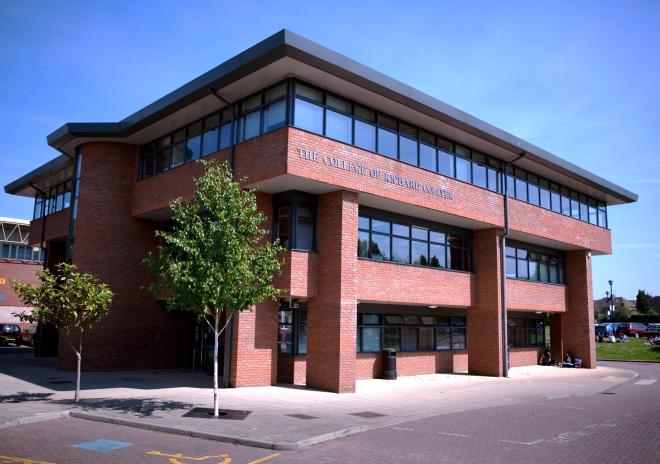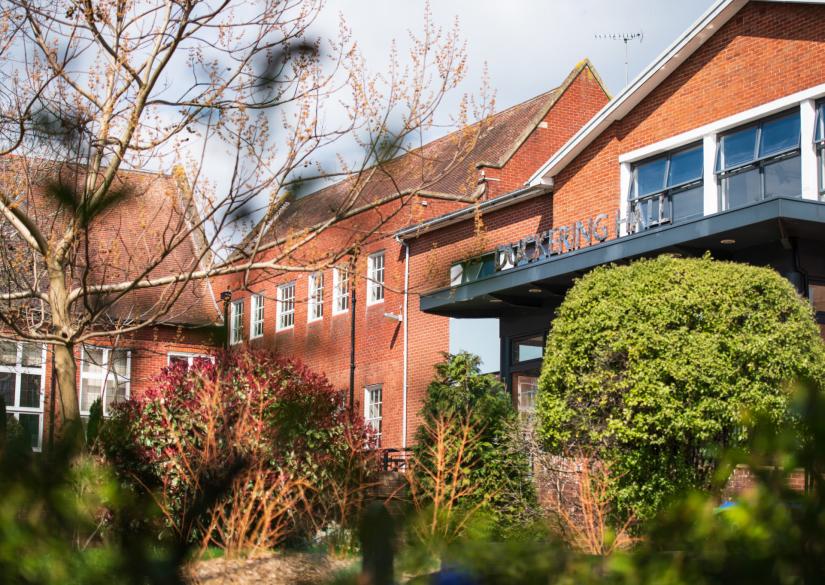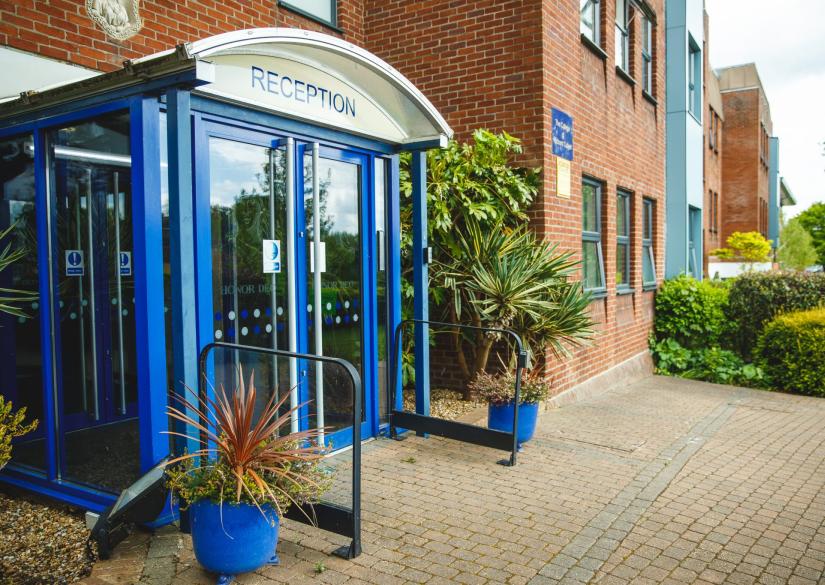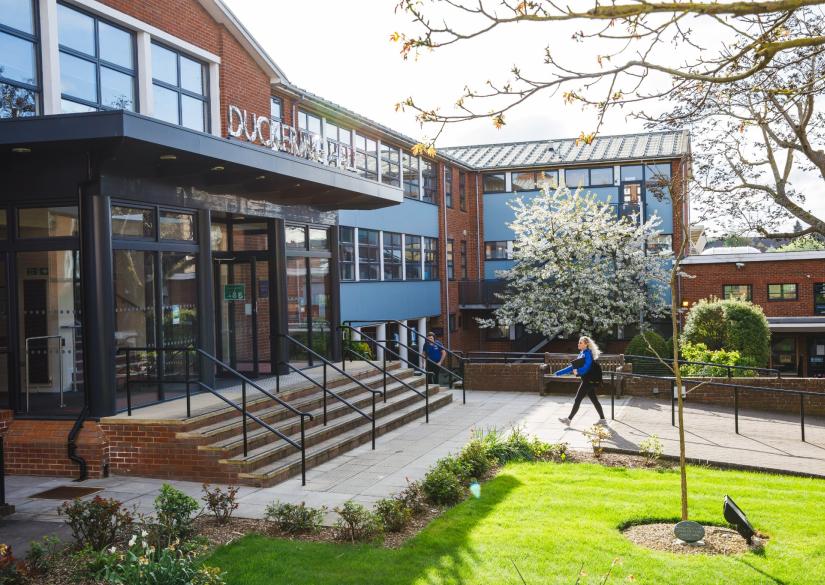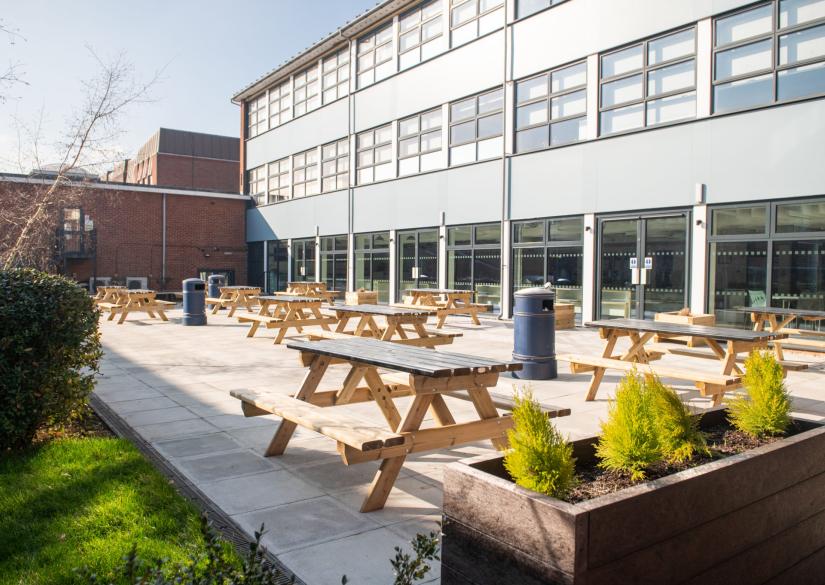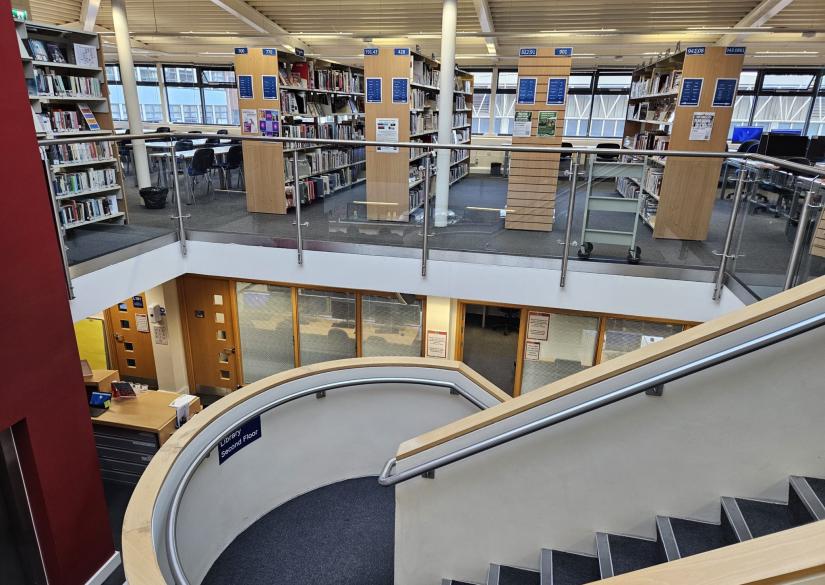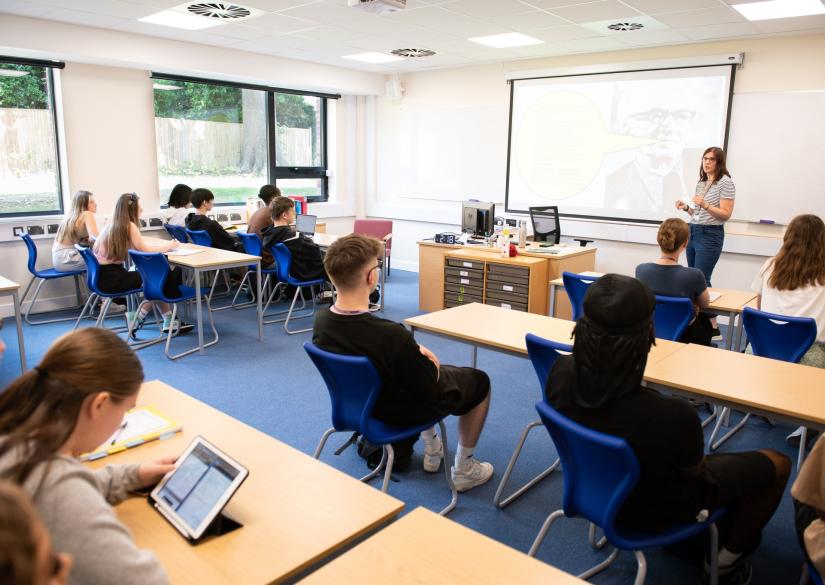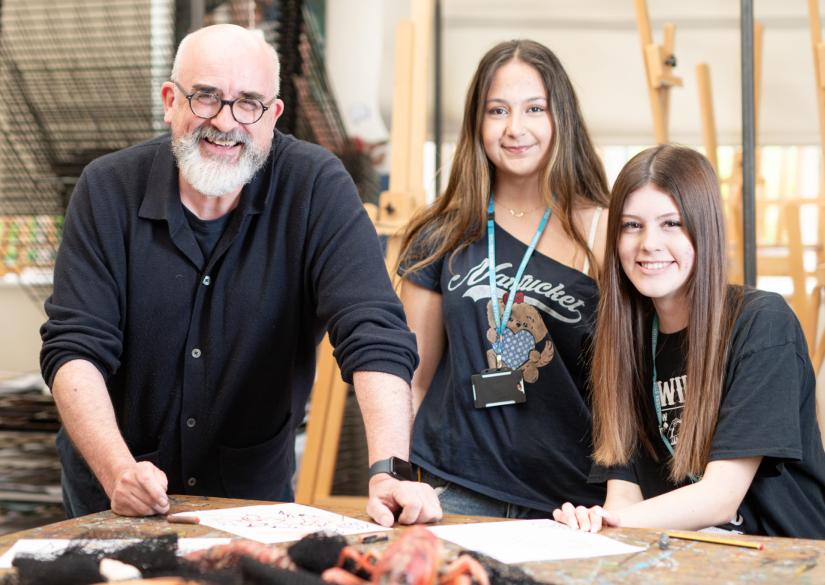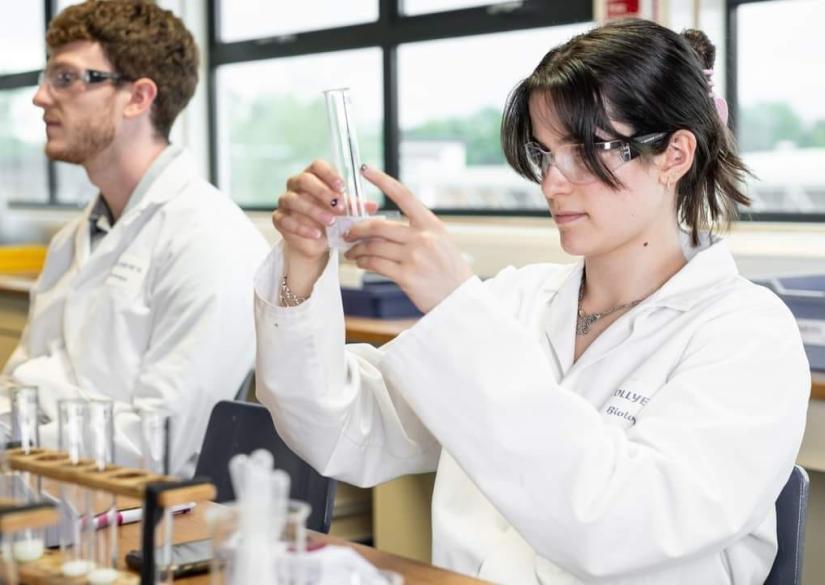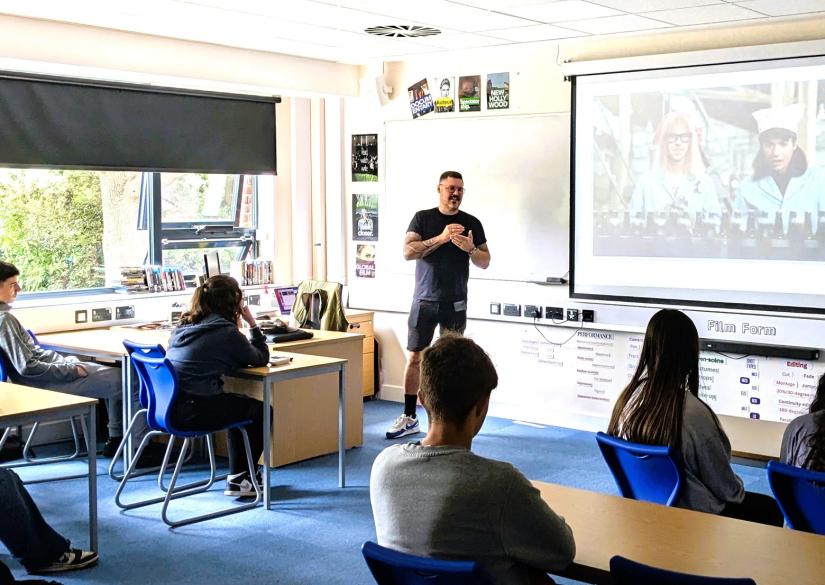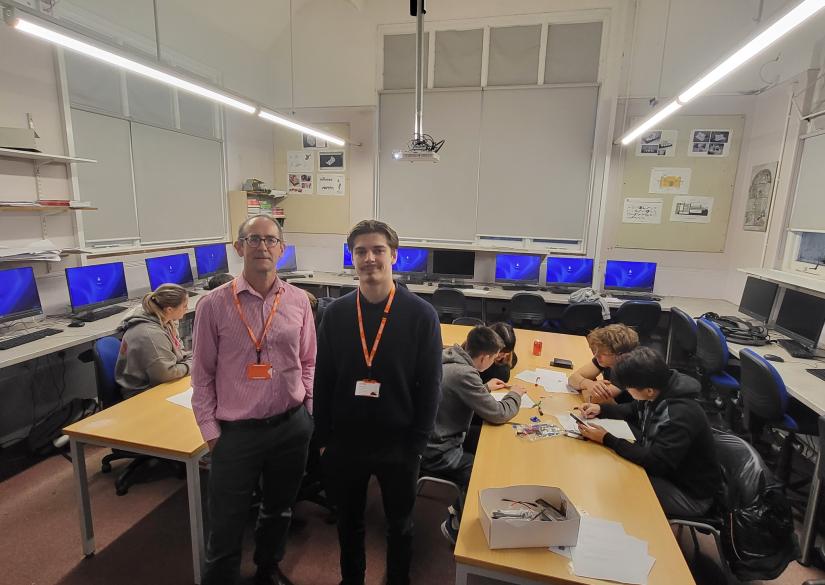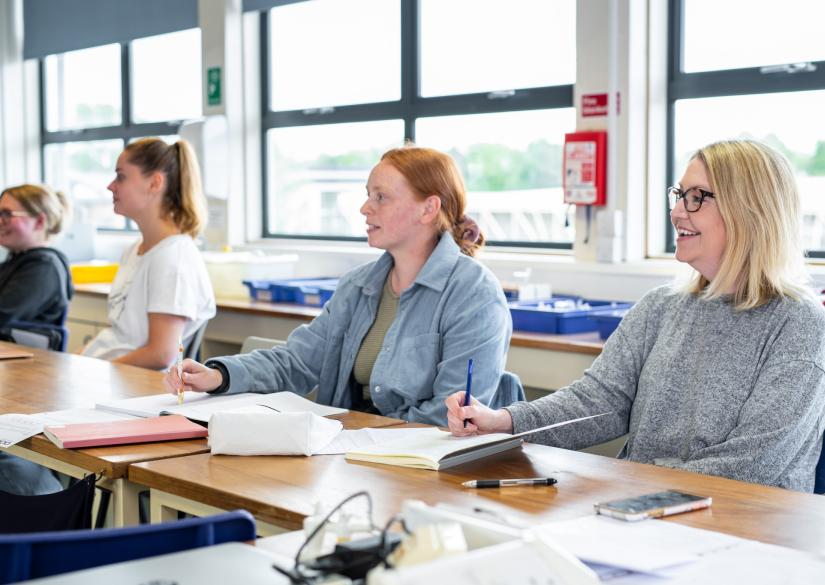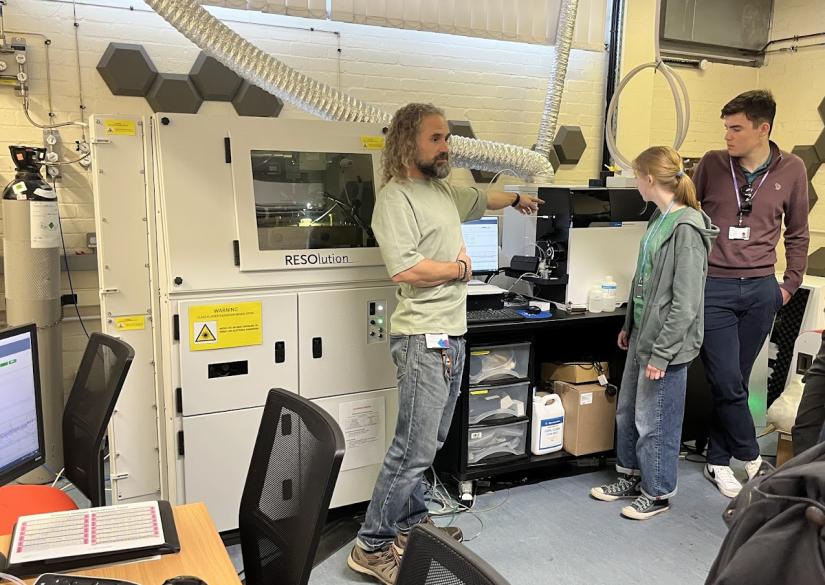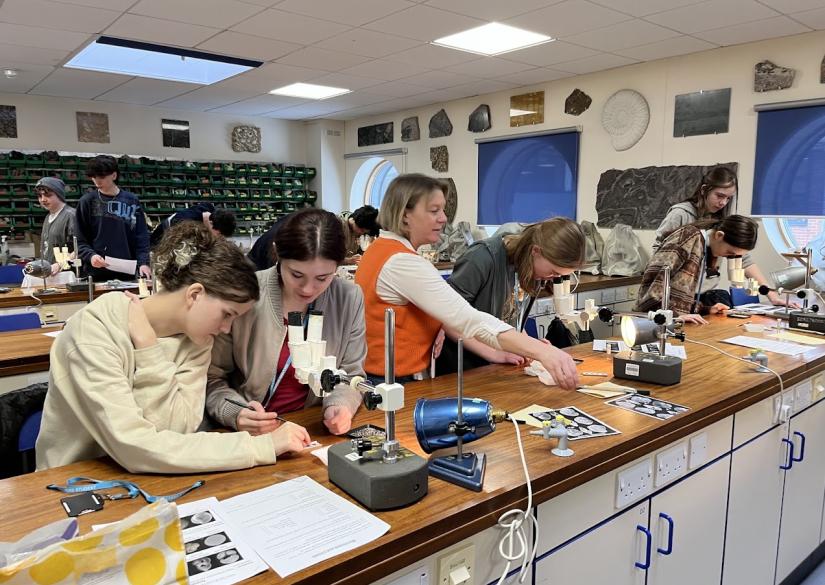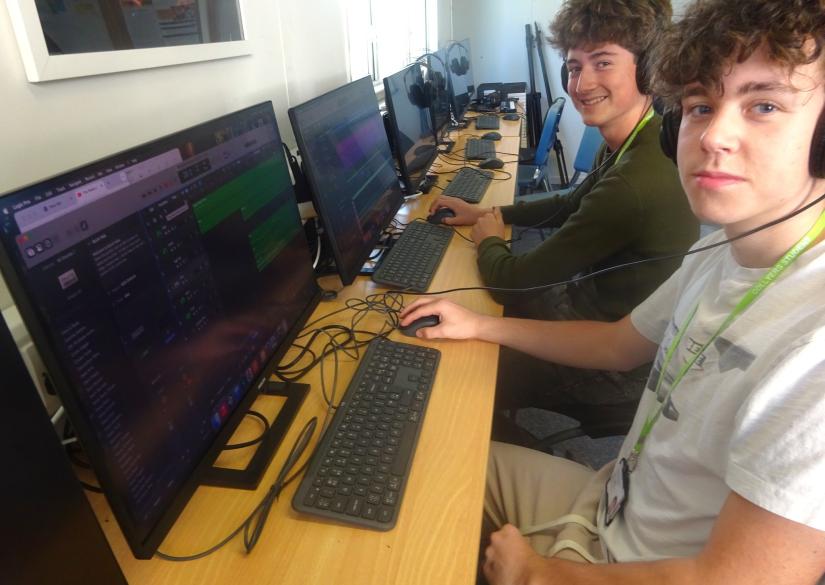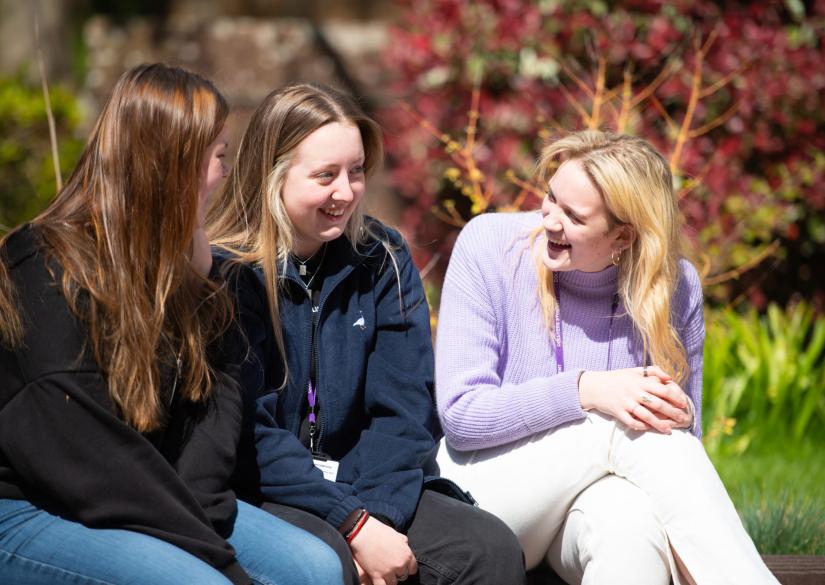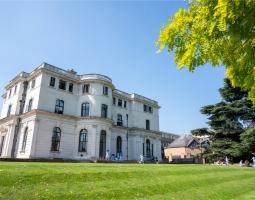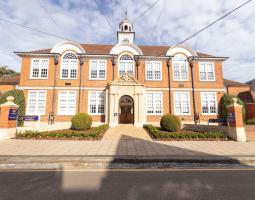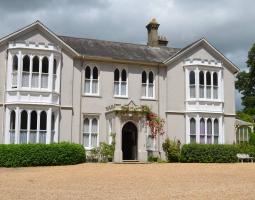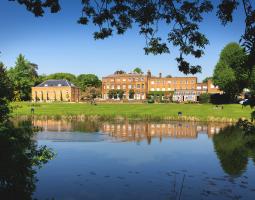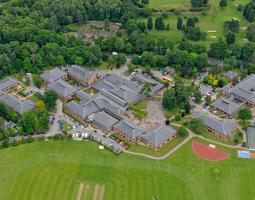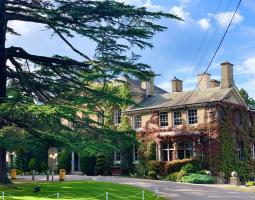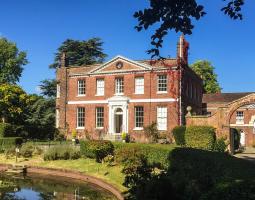Richard Collyer College
Programs and prices, tuition fees in Richard Collyer College
A-Level Courses
- Age of students — from 16 to 19 years old,
- Duration of study — two years.
A-Level courses are most in demand when studying at the Sixth Form stage, that is, in grades 12-13. They involve the study of subjects based on theory and interdisciplinarity: for two years, international students will delve into detailed and related areas of their chosen subjects, working individually and in groups on projects.
Students need to choose three subjects from the list provided:
- Biology,
- Accounting,
- Computer Science,
- Chemistry,
- Design Technologies: 3D product design,
- Drama, Theatre,
- Economics,
- Environmental Sciences,
- Cinematography,
- Geography,
- French language,
- Geology,
- German language,
- History,
- Philosophy and others.
In addition to the selected disciplines, students can take an extended project qualification (EPQ) course, which involves writing a research paper on a topic from one of the scientific fields chosen for study.
A diploma obtained after passing three A-Level exams is accepted by most leading universities in the UK, USA and other countries as equivalent to an entrance exam.
T-Level Courses
- Age — from 16 to 19 years old,
- Duration of study — two years.
T-Level courses specialize in technical fields of knowledge, offering students more hours of practical experience and professional skills development than A-Level courses. The diploma received upon completion of the program will allow easy admission to a specialized technical institution in the USA, UK and other countries.
Collyer's offers several T-Level specializations:
- Digital production, design and development,
- Early education and some others.
For two years, students will attend lectures and practical sessions, expanding the range of knowledge and skills for effective, in-depth education in a technical specialty.
Each pathway offered at the college is equivalent to three A-Level subjects, so students do not need to choose additional subjects and qualifications.
BTEC Courses
- Age of students — from 16 to 19 years old,
- Duration of study — two years.
BTEC courses are similar to T-Levels but involve a deeper immersion in practical activities to acquire high-level professional skills. Students spend a lot of time working in specialized studios and laboratories, actively participate in thematic extracurricular activities, and supplement them with independent work under the guidance of a personal tutor.
The college offers the following BTEC qualifications:
- Art, design,
- Business,
- Healthcare, social security,
- Information, creative technologies,
- Creative digital media production,
- Engineering,
- Criminology.
BTEC subjects have two levels: Level II and Level III. Level III is fully equivalent to a standard high school diploma, meaning three A-Level subjects, while an additional subject needs to be added to the Level II disciplines. The course offers flexibility in choosing specializations and disciplines, so students are well prepared for further education at university in their field of strength.
Mixed Courses
- Age of students — from 16 to 19 years old,
- Duration of study — two years.
International students can create a personalized learning plan by choosing one A-Level subject and adding a BTEC qualification equivalent to two or three disciplines. The wide range of options allows preparation in interesting scientific fields, combining immersion in theory with many hours of practical work.
Among A-Level subjects, several modern languages and a wide range of humanities are available; among BTEC — more than ten areas covering technical specializations. Upon completion of the program, students await subject exams and coursework submission.
Foundation Programme
- Age of students — from 16 to 19 years old,
- Duration of study — one year.
This program is aimed at students who are not yet ready for effective learning on A-Level programs. During one academic year, they follow an individual curriculum that necessarily includes two to three core professional qualifications and one or two GCSE exams. Among the professional qualifications:
- Healthcare, social assistance,
- Business,
- Information technologies,
- Travel, tourism,
- Sport.
At GCSE level, the college offers English Language and Mathematics. In addition to the established curriculum, students attend academic skills classes, additional support workshops, and one-to-one tutorial sessions.
Upon completion of the course, students continue their education at Collyer’s, choosing an A-Level, T-Level, BTEC program or a mixed format.
Description of Richard Collyer College
- Location: Horsham, West Sussex, England,
- Year of foundation: 1532,
- Number of students: approximately 2100,
- Language of instruction: English,
- Type of education: mixed.
Richard Collyer College (Collyer’s) — one of the leading colleges in England, offering A-Level, BTEC and T-Level programs to prepare for admission to universities around the world.
Founded over 500 years ago based on the will of Richard Collier, Mersers, Collyer’s became the second oldest school in West Sussex. Today, Mersers continues to be a trustee of the college and maintains close ties with it. Over several centuries of educational activity, the school has earned recognition from international and national agencies, consistently appearing in rankings lists every year and attracting dozens of foreign students. A total of about 2100 students study here, each receiving comprehensive support and a wide range of opportunities for development in studies, creativity, sports, and social life.
Collyer's offers students a wide range of disciplines to prepare for Sixth Form exams — 45 subjects are taught by qualified teachers, supported by personal tutors in extracurricular time. Education is built on interdisciplinarity, which allows students to see the application of their knowledge in real life and better assimilate academic material. The effectiveness of preparation and the quality of teaching are annually confirmed by excellent results of final exams and the level of admission of senior pupils to leading universities around the world.
Educational process
International students receive comprehensive support from their personal tutor and specialist staff, as well as subject teachers. In addition to a balanced curriculum tailored to their goals, additional academic seminars are a plus, where they can practice writing and submitting applications to UCAS, exploring available universities and the programs they offer.
Faculties and colleges
Richard Collyer College offers A-Level, T-Level and BTEC courses in 45 subjects.
Accommodation, meals, prices
A large dining hall operates on campus, offering students an extensive menu with hot and cold dishes, snacks, and beverages.
Activities Richard Collyer College
The main areas of extracurricular activity at Collyer's are considered to be sports and events/challenges dedicated to the Duke of Edinburgh Award.
Thanks to the diverse sports infrastructure, students have the opportunity to maintain an active and healthy lifestyle, achieve success in a variety of team sports. University teams regularly participate in interschool and regional competitions, earning individual scholarships and collective awards. Some of the popular sports include:
- Basketball,
- Hockey,
- Netball,
- Rugby,
- Football.
Collyer's maintains close links with local sports clubs and professional training centers, giving students the opportunity to develop their abilities at a high level.
The Duke of Edinburgh's Award program «Golden Diploma in English» is open to students who have received bronze and silver awards at previous stages of education. It provides an opportunity to develop new skills and talents through volunteering, expeditions, and participation in various campus events.
Throughout the year, various events are organized on the Richard Collyer College campus: musical concerts, theatrical performances, sports competitions, and charity days. No event takes place without the contribution of creative communities, which rehearse in specialized studios and performance halls.
Advantages
- Member of the Mersers Schools and Colleges Association,
- Highest national exam results among institutions in West Sussex: 61% of students achieve A*-B grades,
- Over 94% of sixth formers go on to their first-choice university,
- "Outstanding" rating from Ofsted 2025,
- №15 in England for Sixth Form college value added,
- The college building is listed as a Grade II heritage asset of England,
- A diverse range of Sixth Form courses across numerous academic disciplines.
Facilities and equipment at Richard Collyer College
Richard Collyer College is located in the small market town of Horsham, West Sussex. None of the originally built buildings have survived — in 1892, Collyer’s moved to a new location, occupying a large green area. Today, the infrastructure includes several large buildings with lecture and seminar rooms, a number of open sports grounds, and two football and rugby fields, as well as:
- A large library with a reading room,
- A sports center with areas for basketball, badminton, table tennis,
- A gym,
- Art, media, and photography studios,
- Music, vocal, and instrumental music studios,
- Computer rooms,
- A large dining hall with a cafeteria.
Nearby there are public transport stops where students can reach city attractions and public places, as well as their homes.
Admission dates and extra charges
The academic year consists of three trimesters:
- Autumn: August-December,
- Spring: January-March,
- Summer: April-July.
Each trimester includes vacations, and rest is also provided on weekends and holidays. Classes are organized from Monday to Friday, from 8:40 AM to 4:15 PM; the school library is open until evening.
The list of additional expenses will include:
- Registration, administrative fees and deposits,
- Meals, accommodation,
- Some extracurricular activities,
- Personal learning materials,
- External exams,
- Medical insurance,
- Personal expenses.
Enrolment process
Applicants need to fill out the registration form, pay the admission fee, and provide the required documents. The admissions committee reviews applications in order, invites candidates for an open day and tests in core subjects. Based on the results of entrance exams, future students receive an official letter of readiness for enrollment, after which they pay tuition and arrive at campus at the beginning of classes.
Perspectives
According to HESA Agency statistics, 90% of Collyer’s sixth formers achieve top grades and demonstrate excellent academic preparation by successfully entering their chosen university (first choice university).
Entry requirements, how to apply, what is required to enrol
Admission to Collyer’s is guaranteed for students who have completed programs at partner schools: Forest School, Millais School, Oathall Community College, Tanbridge House School, Bohunt Horsham, Gatwick School, Warden Park Secondary Academy. Other applicants go through a full admissions process that includes submitting the following documents:
- Personal documents: international passport, health insurance, visa or residence permit,
- Academic transcript, exam results equivalent to GCSE from previous school.
Admission is organized in the order of submitted applications and is based on the results of entrance examinations.
Scholarships Richard Collyer College
Richard Collyer College provides financial support to students who find themselves in a difficult life situation. Financial payments are funded by the British government and awarded based on the following cases:
- Financial barriers to education,
- Children in care or with disabilities,
- Families with an annual income below a certain level.
Students receiving a payment for one of these reasons are additionally eligible for free meals.
Students living more than 15 miles from the academic campus receive a Collyer's scholarship to cover transportation costs.
Institution on the map
Residence permits, citizenship and other services
- Guardianship services during the studies
- Student supervision
Review about Richard Collyer College
Recommendations on when to apply
| Language courses, schools and children's language camps | Primary and secondary education - private schools | Preparation programmes for entering universities - higher education | Higher education (after completing accredited programs A-level, IB, High School) - Bachelor, Master, MBA |
| - we recommend to apply 6-9 months before the start of the course (some camps and schools offer discounts for early booking or for lengthy study programs) - there are some very popular and high demand children's camps, where the applications need to be submitted 1 year in advance (in particular Switzerland , Great Britain , USA , Canada , Austria) | - we recommend to apply one year before the start of the training program, - some schools have a specific time frame (September-November - please specify an individual school) - some schools require tests in several stages (UKISET, internal tests of the school: English, mathematics, logics, subjects, interview, some require a personal visit) | - we recommend to apply one year before the start of the program, - for Foundation and Pathway programs, IELTS and TOEFL certificates are usually required, respectively | - recommended submission one year before the start of the program, - the deadline normally closes in January, for TOP HEIs and, as a rule, in March in other universities - for a bachelor, a Foundation or Pathway preparatory program a completed A-level, IB, High School + IELTS / TOEFL are required - for Masters you need a graduated higher education, in some cases you need a pre-Masters program - MBA requires completed higher education, work experience preferably at least 2-3 years, etc. |


